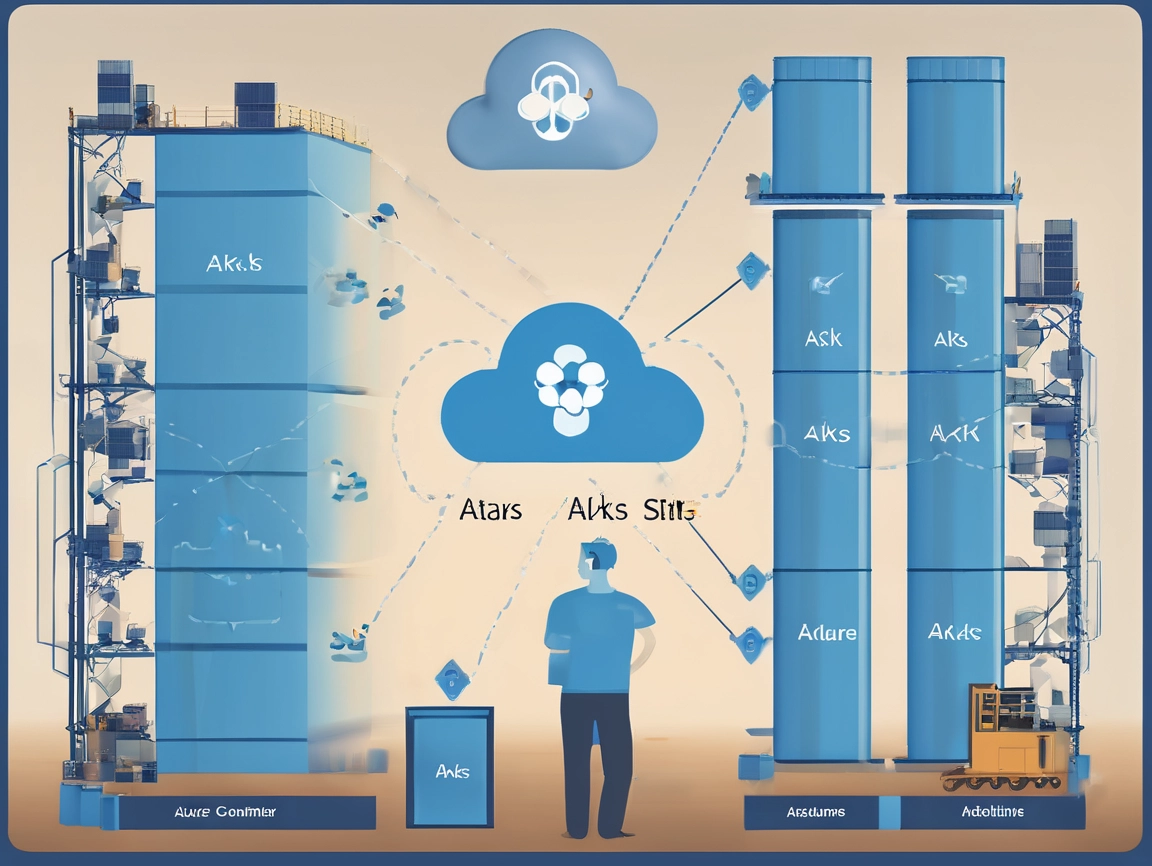Understanding Azure Container Instances: Benefits and Use Cases
Azure Container Instances (ACI) is a serverless container service that allows users to run containers without managing the underlying server infrastructure. This feature offers significant advantages in terms of ease of use and rapid deployment. With ACI, developers can quickly spin up containers in response to specific workloads or events, making it an ideal solution for tasks such as batch processing, data processing, and short-lived applications. Since there is no need for orchestration, developers can focus on building their applications rather than managing infrastructure, leading to faster time-to-market.
Another key benefit of ACI is its cost-effectiveness. Users are charged based on the number of seconds their containers are running, allowing for a pay-as-you-go model that can be particularly advantageous for sporadic workloads. This pricing structure makes ACI an excellent fit for development, testing, and continuous integration/continuous deployment (CI/CD) pipelines where resources may be required intermittently. In contrast to traditional virtual machines, ACI ensures that users only pay for what they use, optimizing operational costs.
Moreover, ACI integrates seamlessly with other Azure services, such as Azure Functions and Azure Logic Apps, enabling users to create event-driven architectures and automate workflows. The simplicity of ACI makes it suitable for organizations looking to adopt containers without the overhead of complex orchestration. As a result, ACI is particularly well-suited for startups, small businesses, or teams with limited DevOps expertise who require straightforward container management solutions. For more details, visit the Azure Container Instances documentation.
Exploring Azure Kubernetes Service: Features and Advantages
Azure Kubernetes Service (AKS) is a fully managed container orchestration service that simplifies the deployment, management, and scaling of containerized applications using Kubernetes. Unlike ACI, AKS is designed for complex applications that require effective orchestration across multiple containers and microservices. It automates critical tasks such as provisioning, scaling, and monitoring, making it an ideal choice for enterprise-level applications that necessitate robust management capabilities.
One of the standout features of AKS is its support for high availability and resilience. It allows users to create clusters of containers that can be distributed across multiple Azure regions, ensuring that applications remain operational even in the event of a regional failure. Additionally, AKS provides built-in scaling options—both manual and automatic scaling—enabling organizations to respond dynamically to varying workloads, which is crucial for applications that experience significant traffic fluctuations.
Furthermore, AKS offers tight integration with Azure DevOps, allowing teams to implement CI/CD pipelines for continuous deployment and testing of applications. This integration streamlines the development process and enhances collaboration between development and operations teams. AKS also provides advanced security features such as Role-Based Access Control (RBAC) and integration with Azure Active Directory, ensuring that applications are deployed securely and comply with organizational policies. For further insights, check the Azure Kubernetes Service documentation.
In summary, both Azure Container Instances and Azure Kubernetes Service offer unique advantages tailored to different deployment scenarios. ACI is optimal for simple, short-lived tasks needing rapid deployment without orchestration complexity, making it cost-effective for smaller teams and projects. In contrast, AKS provides a powerful orchestration platform for managing complex, scalable applications that require high availability. Understanding the specific needs of your project will guide your choice between these two Azure services, ensuring that you leverage the right tools for your cloud deployment strategy.




